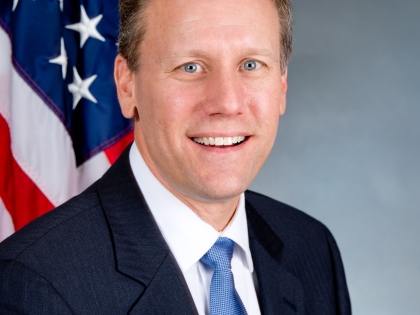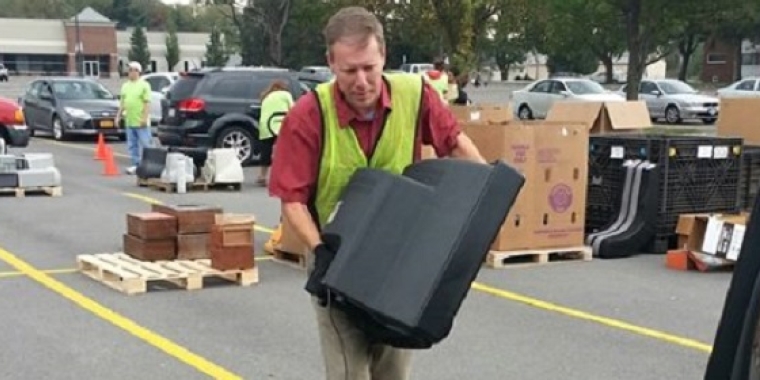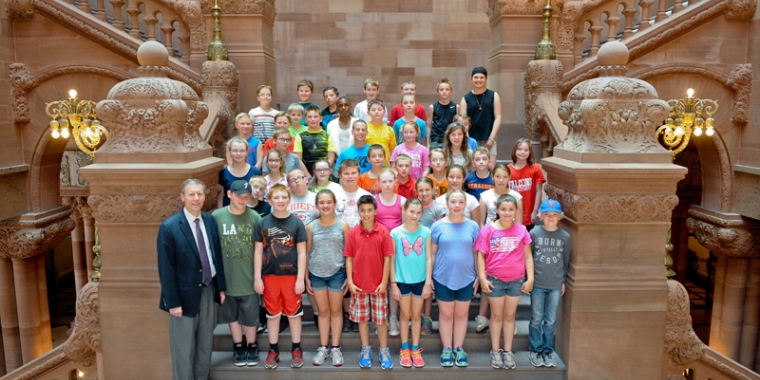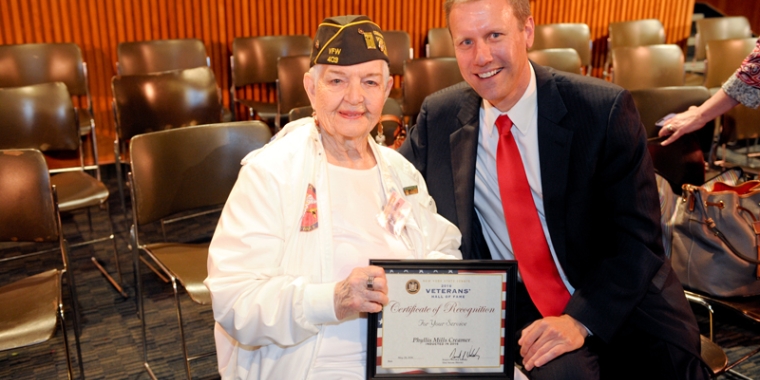
Legislative Commission On Rural Resources
David J. Valesky
I often point to last year’s joint Senate-Assembly budget conference committee meetings as one of the few examples of real bipartisan cooperation in Albany and a possible model for how to immediately change the overly partisan nature of our legislature. But there is another model example of cooperation, which I have been privileged to be a part of since I was elected, called the Legislative Commission on Rural Resources.
This commission is made up of five members of the Senate and five members of the Assembly from both sides of the aisle who represent districts that are mostly rural. We consider and propose legislative solutions to the challenges unique to our rural communities. In a legislature divided by party and chamber, this commission is one of the few places where bipartisan efforts are not only tolerated, but encouraged.
Last year, working with the members of this commission, I was able to cosponsor several pieces of legislation with my Republican and Democratic colleagues. As with every year, several of the commission’s priority bills passed both houses and were chaptered into law.
Again this year, working with my colleagues, we will sponsor a slate of bills that address important rural issues, including the Emergency Services Incentive Volunteer Act to increase the pool of volunteers at local fire departments, the Dairy Farm Energy Access and Efficiency Program to help dairy farmers with higher then expected energy bills, and another piece of legislation that facilitates the merger of local governments.
In all, I am cosponsoring some 20 bills with my Senate and Assembly colleagues that specifically address rural concerns and promote a rural agenda -- those 20 bills are in addition to the many bills I have proposed independently of the commission.
This kind of bipartisan cooperation is sadly unique in Albany. Because of adopted legislative rules and established practices, cosponsorship across the aisle is practically forbidden -- a fact that surprises many constituents. More often than not, the two parties independently develop their proposals, the committees chairs advance bills to the floor, and then the preferred bills are passed. In the end, the results is many one house bills.
For the people of New York State this means bipartisan legislative solutions to our problems, as notably represented on the federal level by the McCain-Feingold alliance, are uncommon at best. And as a result, many of our state’s greatest challenges go unsolved.
This is why one of the first bills I proposed in Albany last year, S.1453, was a bill to open up cosponsorship to all members of the Senate -- regardless of party. This simple act would radically change our process and encourage the kind of cooperation and compromise that makes democracy work.
For now, we have the Legislative Commission on Rural Resources as an example of effective cooperation. I will continue to call for more bipartisan solutions to our problems, and I will continue to reach across the aisle to develop the relationships needed to make consensus solutions a reality. I just hope Albany can learn a little something from this group of rural representatives.
Share this Article or Press Release
Newsroom
Go to NewsroomSen. Valesky to Host Community Resources Fair
June 9, 2016


